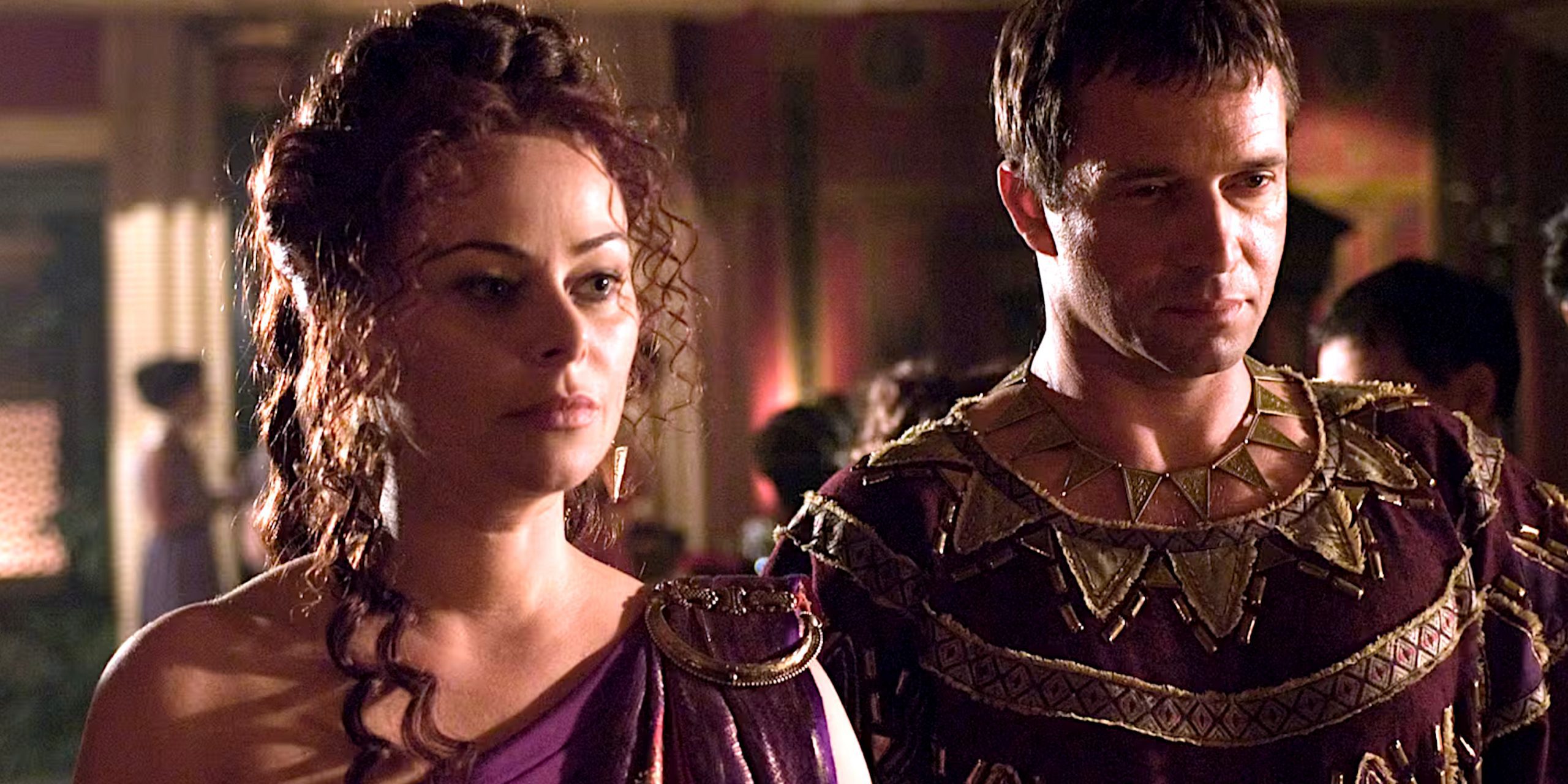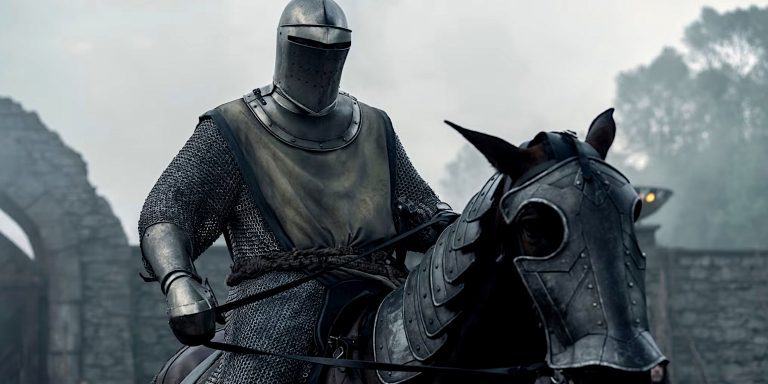
Before there were iron thrones, dragons, or power-hungry queens breaking the internet, there was Atia of the Julii. HBO’s Rome gave us a character who could make Cersei Lannister look like she needed extra tutoring in political manipulation. Played with ruthless charm by Polly Walker, Atia was the heart of elite Roman intrigue, part politician, part mother, and entirely unstoppable.
The Power Behind Every Man
Atia is technically not a historical figure, but her influence in Rome is woven so tightly into the political tapestry of the late Republic that you forget she’s fictionalised. As the niece of Julius Caesar and mother of Octavian (later Augustus), she positions herself as a bridge between old Roman virtue and new imperial ambition.
She understands that in Rome, loyalty is a coin, and she spends it lavishly. Whether she’s aligning with Antony for love and leverage or backing her son’s ascent to power, Atia operates like a one-woman Senate. She doesn’t just survive the chaos; she choreographs it.
Master of Manipulation
What makes Atia fascinating is how she plays the game of power without ever lifting a sword. She rules through wit, seduction, and a complete disregard for anyone else’s sense of morality. In an era obsessed with honour, she thrives on leverage. Every dinner party is a strategy meeting, every smile a weapon.
Her feuds with Servilia, the mother of Brutus, are the show’s ultimate social chess match. It’s poison-laced letters, emotional blackmail, and passive-aggressive politics at their peak. Honestly, watching them spar is like seeing two influencers shade each other with perfect manners and deadly intent.
A Queen of Contradictions
Atia’s brilliance lies in her contradictions. She’s vain yet strategic, cruel yet fiercely protective, sensual yet shrewd. The show doesn’t frame her as a villain or a heroine, she’s both, depending on the scene. When she manipulates Antony, you wince. When she protects Octavian, you cheer. When she humiliates Servilia, you gasp and secretly applaud.
In other words, she’s human. And in the testosterone-fuelled world of ancient Rome, her flaws make her all the more formidable.
Why She Still Resonates Today
Rewatching Rome now, Atia feels eerily modern. She’d dominate social media, outwit every PR crisis, and probably run a luxury skincare brand on the side. She’s the embodiment of calculated femininity, someone who weaponises perception in a society built to ignore her.
Polly Walker’s performance gives her an emotional depth that keeps her from being a caricature. Atia is not just a schemer; she’s a survivor. Her every decision carries the weight of a woman navigating a man’s world, and doing it better than most of the men.
Legacy in Modern TV Power Politics
You can see Atia’s fingerprints on every queenpin that followed, from Game of Thrones’ Cersei to House of the Dragon’s Alicent and Rhaenyra. She set the blueprint: power dressed in pearls and poison.
Rome may have ended too soon, but Atia remains one of its most enduring creations. She’s a reminder that ambition isn’t gendered, that manipulation is an art form, and that every empire needs a woman who knows how to run it from behind the curtains.
The Seven Swords Takeaway
Atia of the Julii wasn’t crowned, but she never needed a throne. She ruled through influence, charm, and absolute conviction that Rome belonged to those bold enough to take it. If history ever gave her the credit she deserved, her bust would sit proudly beside Caesar’s, smirking, no doubt, because she’d planned it that way.










